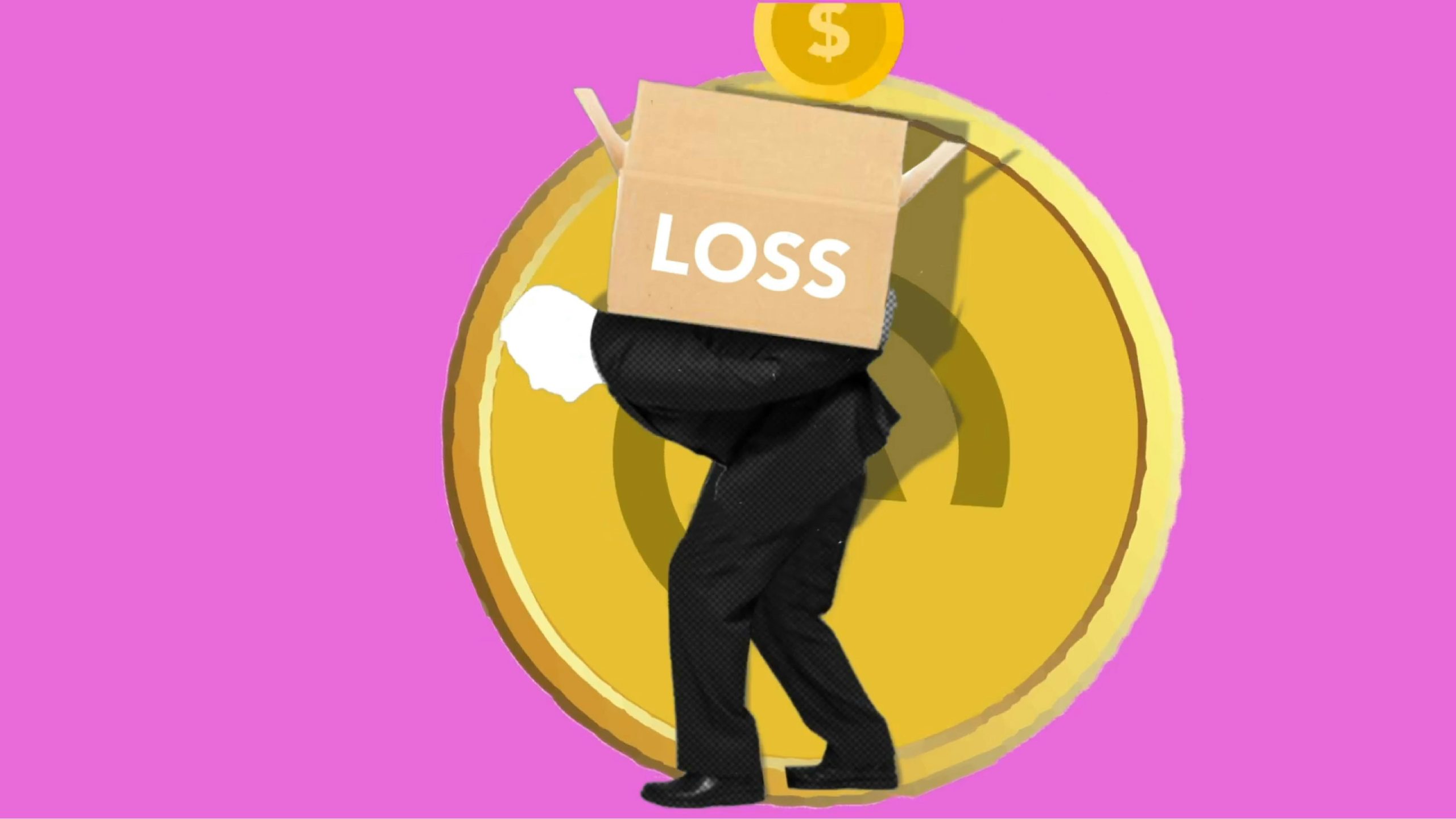Understanding the Implications of Past Accidents and Insurance Claims: A Guide for California Drivers
In the realm of auto insurance, transparency and timely communication are crucial. However, sometimes incidents from the past can become complicated, especially when they go unnoticed or unreported. This article explores a real-world scenario involving an unreported accident and what it might mean for your coverage and legal responsibilities.
The Scenario: An Unreported Accident and an Unanswered Inquiry
Imagine this: over a year ago, you were involved in a car accident in California that you suspect was your fault. You didn’t file an insurance claim at the time, and your policy remains unchanged. Several days after the incident, the other party’s insurance adjuster reaches out requesting a statement. Unfortunately, due to personal circumstances, you are unable to respond immediately, and the representative indicates they will follow up later.
Since that initial contact, however, there’s been no further communication—no calls, emails, or claims notifications—despite the fact that the other party has your insurance information. Throughout this period, your insurance policy has renewed twice, and your good driver discount has remained intact.
Questions Arise: When Does the Statute of Limitations Start?
One concern is whether this unreported accident could resurface and, if so, when the clock begins ticking for potential claims. In California, the statute of limitations for filing personal injury or property damage claims generally extends to three years from the date of the incident. But when does this period start—at the time of the accident or when your insurance becomes aware of it?
The answer hinges on some factors:
– Timing of discovery: If the claim is made known to your insurance or the other party, the limitation period may start from that date.
– Reporting obligations: Insurance policies often require prompt notification of accidents, and failure to report can affect coverage.
Practical Implications for Policyholders
If a claim emerges after a significant delay, it’s essential to understand your rights and responsibilities. The fact that your insurance policy has remained active and that you’ve maintained your good driver discount suggests no claims have been formally filed. However, ongoing communication from the other party’s insurer could be a sign that they might pursue future claims or that legal action could be initiated.
In such situations, consulting with an insurance professional or legal advisor can help clarify:
– Your current obligations
– How the statute of limitations applies
– Best practices for future disclosures and communication
Conclusion: Stay Informed and Pro



